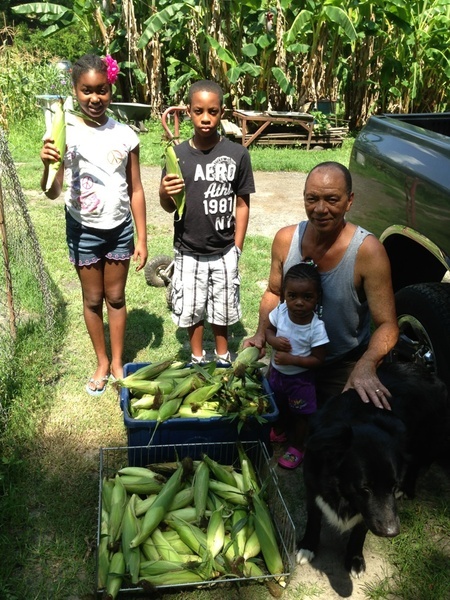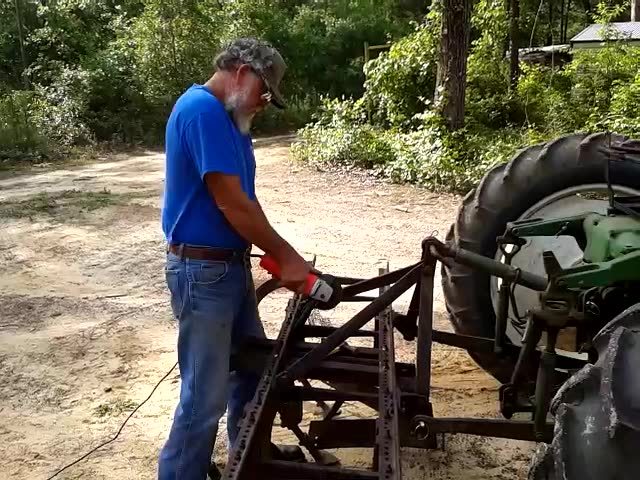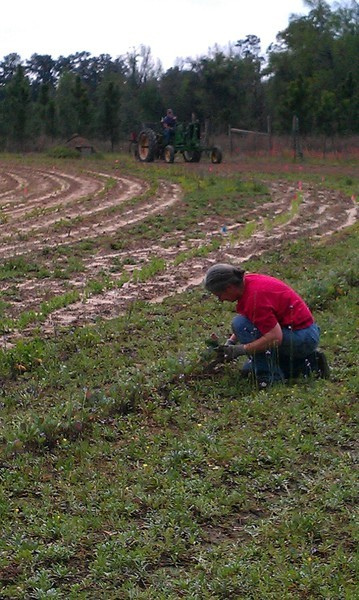Okra Paradise Farms doesn’t always get into national news, but when we do it’s about Bill Gates.
April Glaser, NBC News, 8 June 2021, updated 9 June 2021, McDonald’s french fries, carrots, onions: all of the foods that come from Bill Gates farmland: Gates does not appear to count his farming investments as the nation’s largest farmland owner as part of his broader strategy to save the climate.
The story goes into some detail about how a few big corporate farmland owners crowd out small farmers. She didn’t go for my comparison to Wal-Mart, and I suppose my comparison to the Highland Clearances was a bit too obscure, but she got the point and backed it up with documentation.
Then there’s this part:
“Shell of a shell of a shell”
Public records suggest Cascade Investments has bought its farmland through a web of at least 22 limited liability shell companies across the country. These shell companies have made it difficult to find out where and how much farmland the Gateses own even for local farmers, like John S. Quarterman, a farmer and landowner who grows okra, corn, squash and other vegetables in Lowndes County on the southern edge of Georgia.
![[John Quarterman on his farm in Lowndes County, Ga. Matt Odom / for NBC News]](http://www.okraparadisefarms.com/pictures/2021-06-08--gates-nbc/210610-john_quarterman-al-0941.jpg)
John Quarterman on his farm in Lowndes County, Ga. Matt Odom / for NBC NewsThat’s where the Gateses began buying land in 2013 through two limited liability corporations registered to an address in Kirkland by Derek Yurosek, then head of agriculture operations for Cascade.
When Quarterman first heard about Gates’ firm buying land in the area, he began digging through local property records, linking addresses and business records from registered owners to Kirkland-based companies, until he was able to piece together that the companies buying multiple tracts of land in the Suwannee River Basin were all a “shell of a shell of a shell company investing for Bill Gates.” NBC News’ independently confirmed that there were, in fact, shell companies tracing back to Gates’ firm that purchased 6,021 acres across four counties in Georgia.
That includes Continue reading
![[A few hours after second virus shot]](http://www.okraparadisefarms.com/pictures/2021-03-22--gretchen-fertilizer-shot/20210322_162634.jpg)





